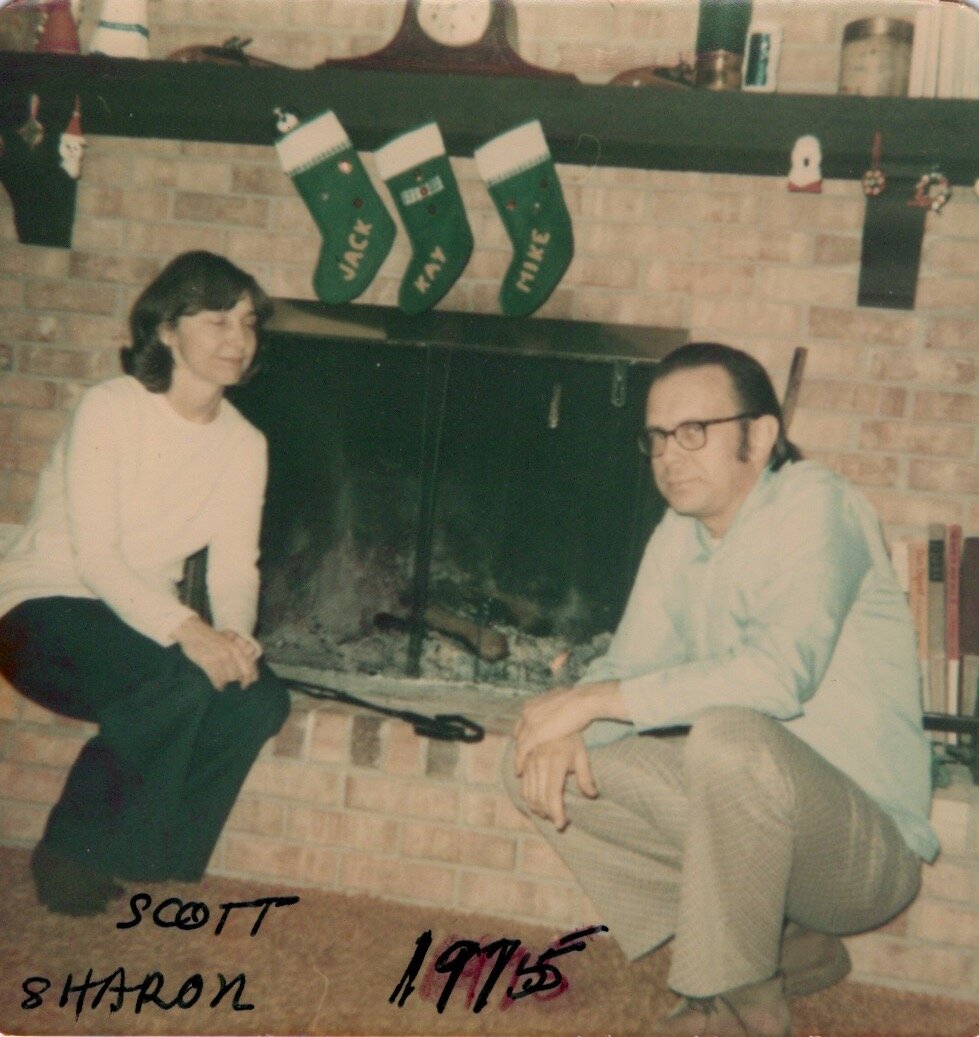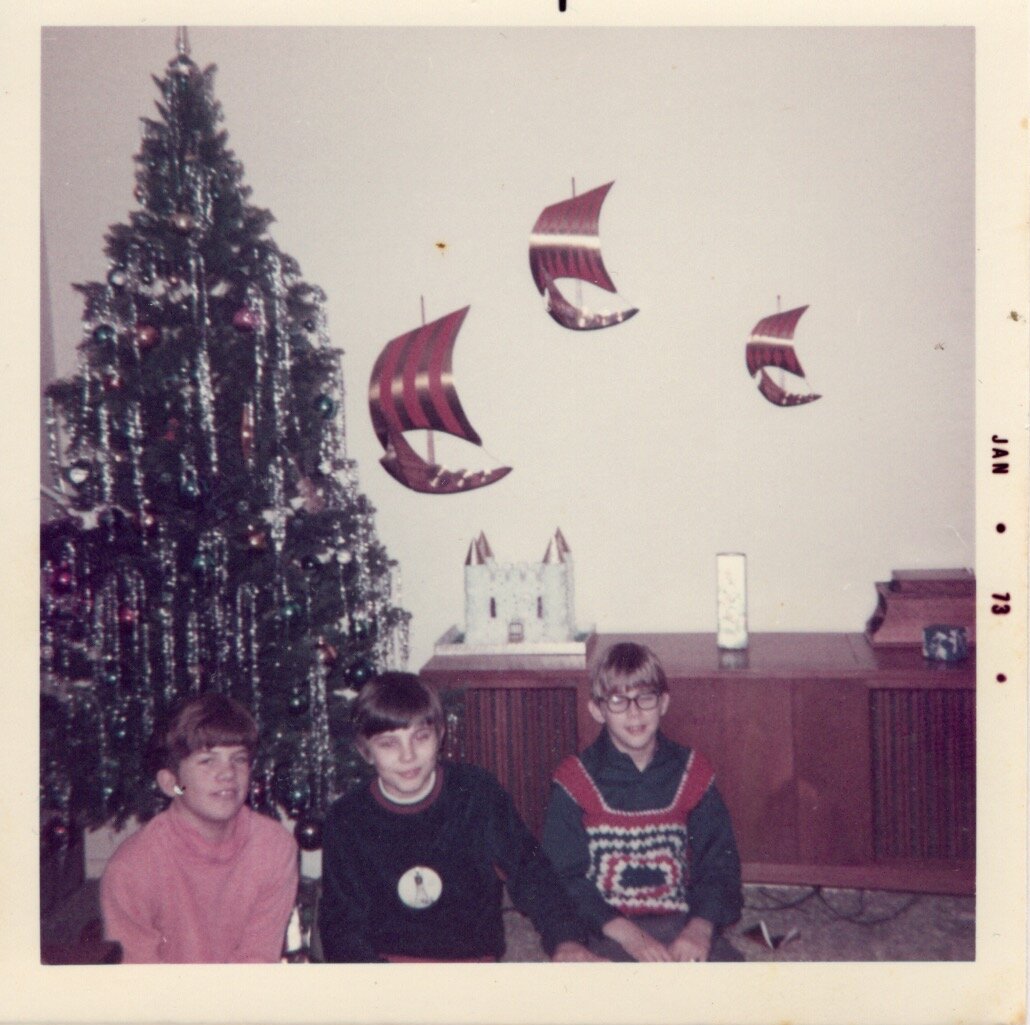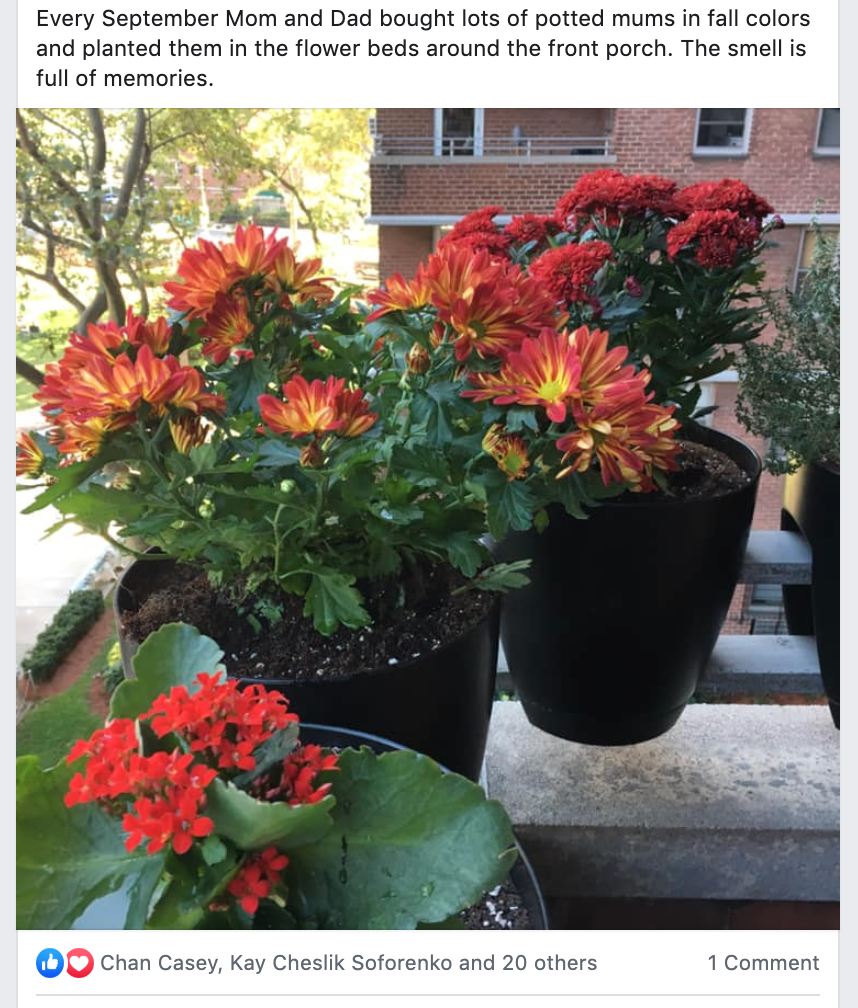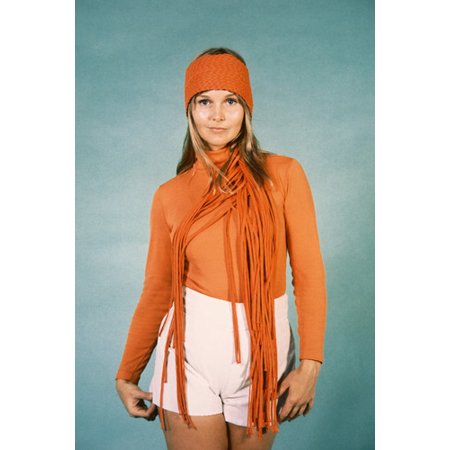Sometimes when I’m reading a book, I’ll have an odd compulsion about turning a page, maybe there’s a particularly long sentence running from one page to the next, a reluctance causes me to have to flip back and forth a couple times trying to hold the old page in my mind as I venture into the new one. New Year’s Eve can be like that, too. As midnight gets nearer I’m anxious to hold the disappearing year in my mind, in my heart, to try to see it, understand it, take and hold it all within me before I let it go and move on.
This would seem to call for a kind of New Year’s Eve that I have rarely had. Something simple and reflective. Quiet conversation. No whooping, no Times Square on the TV.
I have a, well if I’m honest I have a dozen or so, alternate lives that I think about, ways things might be if I’d made different choices, and in one of them I’m in control of December. I don’t know why I hold onto these desires — how very un-Buddhist they are — but I do. I love winter, for so many reasons, not least of which is the turning of the year, the longest night, the long vigil, the sun coming back, the renewal, another chance, hope. But December in real life is a race to feel those things, to have that inner experience, to do that work before some date on the calendar that says “Flight to ….”
Not since my early twenties have I spent the winter holidays at home, and that was because for a couple years I couldn’t afford to travel. And then there was another year or two in my forties when my mother and I weren’t seeing eye to eye and I stayed home, though home that year was a camper parked somewhere in the Rocky Mountains, I think.
In my twenties, and even in my forties, if I even thought about it I would have thought there were plenty of years to come and if I missed a Christmas with my family there would be so many more it didn’t matter. Close to sixty now, my mother already gone and all family holiday traditions coming unmoored, I’m practically counting them down. So, now, I am always at someone else’s home for Christmas, and often for New Year’s Eve. I chose to make my life far away from my family. I got married, with the give and take of considering someone else’s family holiday traditions. And gay uncles, when it comes to family gatherings, are more often guests than hosts. That is the way things are.
Or maybe I just want to control everything.
How ungrateful I am. How selfish and mean. How ungracious to each and every one of my generous, wonderful, loving family who, to a person, open their homes and lives and holiday rituals to me.
New Year’s Eve 1989 I was alone in Brooklyn. I had pulled the rug out from under my life. I had recently deserted the man I was with for 6 years, and I was living alone for the first time in my life, in Boerum Hill in an apartment I couldn’t afford. (Incidentally, in that 6-year relationship we hadn’t spent one Christmas or any other holiday with his family or mine — or together, for that matter. In fact I never met his family. He was not out to them.) That New Year’s Eve, I avoided plans. I bought potato chips and Doritos and onion dip and whisky and I spent the night alone (well, not alone, my cats Honey and Jimmy were with me — my ex-partner got the dog) watching American Family. Channel 13 was showing the whole series. As I remember, I stayed up all night and watched it from beginning to end, but it’s possible I fell asleep. There was whisky.
I’ve been thinking about 2019, full of, like all years, like everything, wonderful and terrible things. The older I get the more I experience a kind of involuntary gratitude — or something like it that I find impossible to adequately describe — for all of it. The things so marvelous I think I probably don’t deserve them. The awful things I think I just can’t bear but do.
And there are things that cut deep because they remind me of the whole, they place me in a life, or in a sequence I recognize as my life despite how random everything seems close up. In 2019:
A piece I wrote was published in an online journal called Statorec, an essay in which I alternated between my recollections of my life in the East Village in the 1980s with excerpts from letters my friend and roommate Joan (who commissioned the essay as part of an artist’s book she created) wrote to me from Berlin and upstate New York from 1983 to 1989. It was one of those rare pieces of work that became, in the end, more or less what I imagined and hoped it would be. The experience of writing it, of evoking those years when we were young artists trying to figure it out, the experience of collaborating with Joan, my friend of almost 40 years, my first roommate in New York, was deeply moving.
In February I flew to Knoxville to see Valley High School (from Huntsville Alabama) perform my musical LIZZIE in a regional theater competition (they won their state competition!). So high schools are performing my work. High schools are performing my work.
In April, I had lunch with two friends from college, Dottie and Keith, whom I hadn’t seen in decades. Dottie was the first straight person I came out to, at 18. And Keith I had such a crush on. We did our damndest to share the last 40 years of our lives with each other. I saw in their faces, and maybe they saw in mine, the young, overconfident, terrified people we’d been drawn to all those years ago, and the older, smarter, happy, wounded people we’ve become.
C and I did get home from North Carolina early enough on New Year’s Day to throw some black-eyed peas and a ham hock in the pressure cooker. And I had some greens in the freezer, the first time in many years I’ve made this traditional good luck meal, so I’m feeling sanguine about 2020.


















































